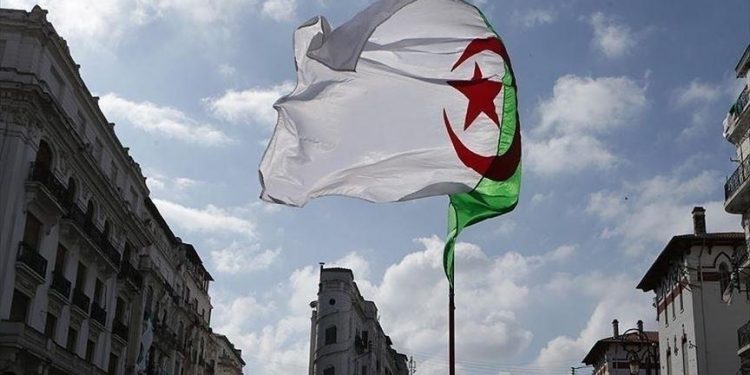Algerian War of Independence took place between 1954 and 1962
ALGIERS, Algeria
Algeria on Monday commemorated the 67th anniversary of the outbreak of the liberation revolution against French colonial rule amid an unprecedented participation by African countries.
The official celebrations started from the Martyrs’ Memorial in the capital, Algiers, and were attended by President Abdelmadjid Tebboune and senior officials.
The Algerian War of Independence took place between 1954 and 1962 and ended with the departure of the French forces after 130 years of occupation.
The Algerian Ministry of Foreign Affairs and Cooperation also celebrated the occasion with the participation of Mali Parliament Speaker Malik Diaw, who was representing his country’s interim president, Assimi Goita.
Other African figures attending the event included the former President of Mozambique, Joaquim Alberto Chissano, the former Minister of State for Senegal, Abdoulaye Batele, and Samira Nkrumah, the daughter of late Ghanaian leader Kwame Nkrumah.
Also in attendance were Tunisian Foreign Minister Othman Al-Grandi and his Libyan counterpart Najla Al-Manqoush.
In a Twitter post, Al-Manqoush said she was “honored” to take part in such a “historic day.”
Algerian Foreign Ministry spokesman Noureddine Sidi Abed said in televised remarks that Algeria witnessed “intensive diplomatic activity that accompanied the armed struggle” during the colonial period until the country was liberated.
Algeria represents the most recent and bloodiest example of France’s colonial history on the African continent.
Approximately 1.5 million Algerians were killed and millions more displaced in an eight-year struggle for independence that started in 1954.
France had also committed cultural genocide against Algeria during the colonial era starting in 1830, destroying Algeria’s 300-year-old Ottoman history and its own local identity while transforming many cultural and religious monuments in the country.
Paris has never officially apologized to Algeria as a state for its colonial policies.







